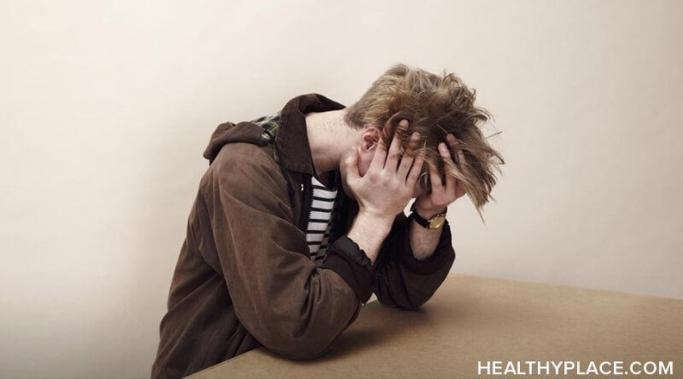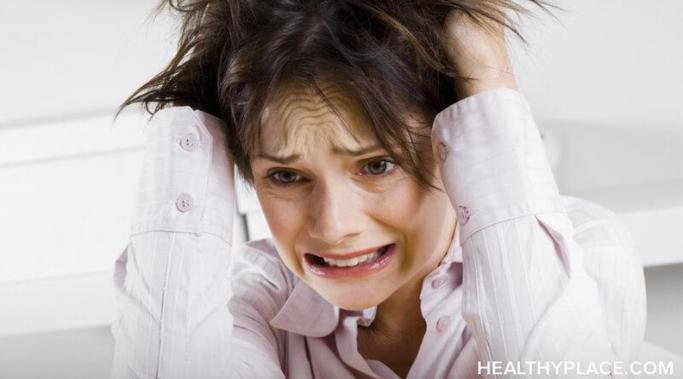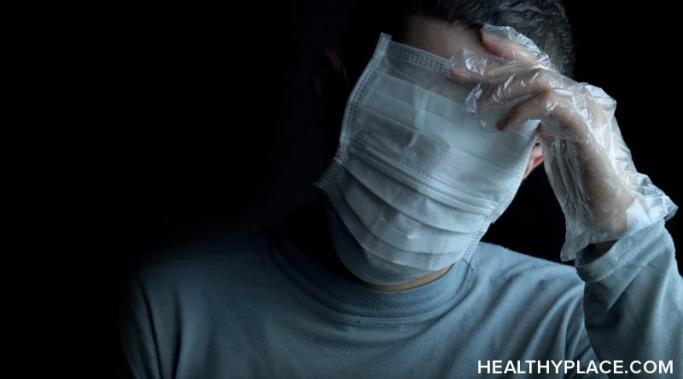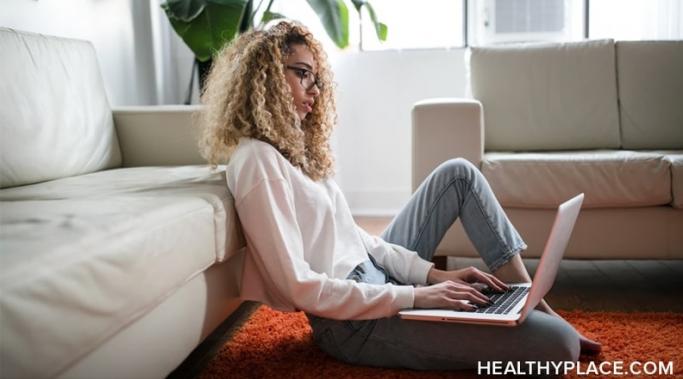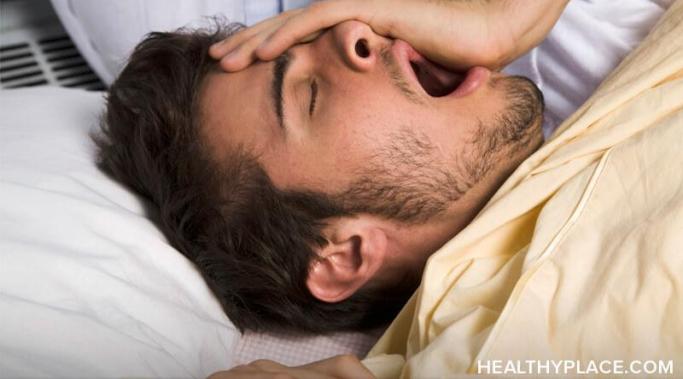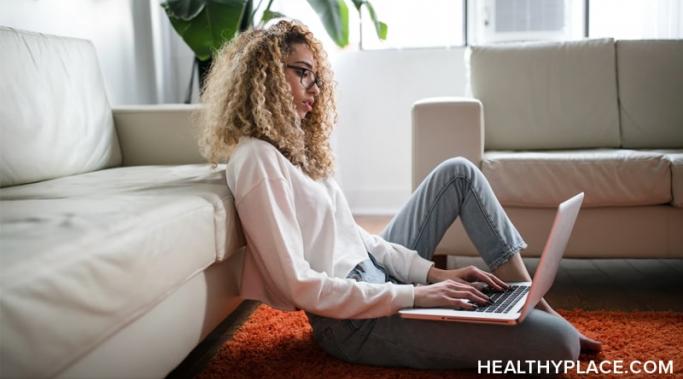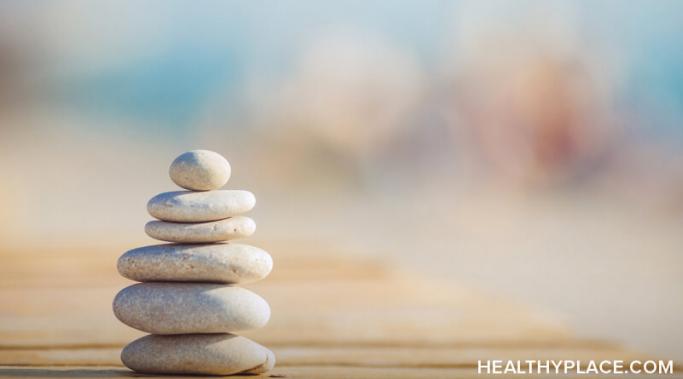Blogs
The concept of “digital self-harm” is something that has recently entered the discourse surrounding mental health. It is a new enough concept that I feel that the majority of mental health advocates may not understand what this type of self-harm entails, and even those that do may be getting, what I argue, is a needlessly limited application of what the term could mean. In this post, then, I want to go into exactly what digital self-harm is (as is currently defined), my problems with that current definition, and its applications for those with anxiety.
Dating a sexual assault victim takes patience and empathy. Here are some tips for dating someone who was victimized by a sexual assault.
These first 25 years of my life have been defined by shame; but, for a long time, I thought what I was feeling was guilt, which is a very different emotion. Guilt is a signal from our minds and bodies telling us that something we've done does not line up with our internal moral code. It is focused on our actions, and it can be used to help us grow and become people who act in accordance with our standards. Shame, on the other hand, is a totally different beast.
Life is tough at the moment. Every day that passes by seems to be filled with anxiety after anxiety, and there is no clear end in sight. COVID-19 has thrown all our lives into disarray, and coping with mental health issues is harder than ever. Being stuck at home is undoubtedly difficult for everyone. Human connection is an essential part of life, and being unable to connect with friends and family members because of the coronavirus is taking a toll on all of us. But for people with serious mental illnesses such as posttraumatic stress disorder (PTSD), social isolation can present unique challenges.
Managing anxiety when you have coronavirus is not easy. When you have generalized anxiety disorder and panic disorder like I do, you are constantly catastrophizing every situation. One of the worst-case scenarios in this pandemic was, in fact, contracting coronavirus (COVID-19). Well, guess what, I have anxiety, and I got coronavirus. Aside from anxiety, I am young, healthy, and without any known coronavirus risk factors living that single girl life in Chicago (i.e., living in pure isolation). Here is my ongoing journey of managing my anxiety while having coronavirus.
We're all doing a lot of waiting recently due to COVID-19 restrictions -- but how does it compare to the ongoing waiting experiences of those with mental illness? Read on.
The isolation required by coronavirus is exhausting me. I find this odd as isolation doesn't require that you "do" anything, per se. We're not talking about a state in which one must exert oneself. We're talking about a state in which one must binge Netflix. It doesn' seem like that would make a person tired. It turns out, that's wrong, however. Make no mistake about it, coronavirus isolation is making me exhausted.
Are you experiencing mood disorder symptoms for the first time during the pandemic? Read this article for tips about how to acknowledge and treat mood disorder symptoms for the first time.
After receiving a clinical diagnosis for "mild inattentive attention-deficit/hyperactivity disorder (ADHD)," something strange happened. What I thought would be liberation turned into weeks, if not months of self-loathing and debility. Instead of learning how to coexist with my ADHD, I became it.
I started my journey on the "Coping with Depression" blog almost three years ago. Today, I am writing my final post for this blog. I have been fortunate to work for HealthyPlace and will always be grateful for the time and space I was given here. I conquered both fear and doubt to become a mental health blogger, and I could not have done that without the support and guidance of the team and staff at HealthyPlace.
